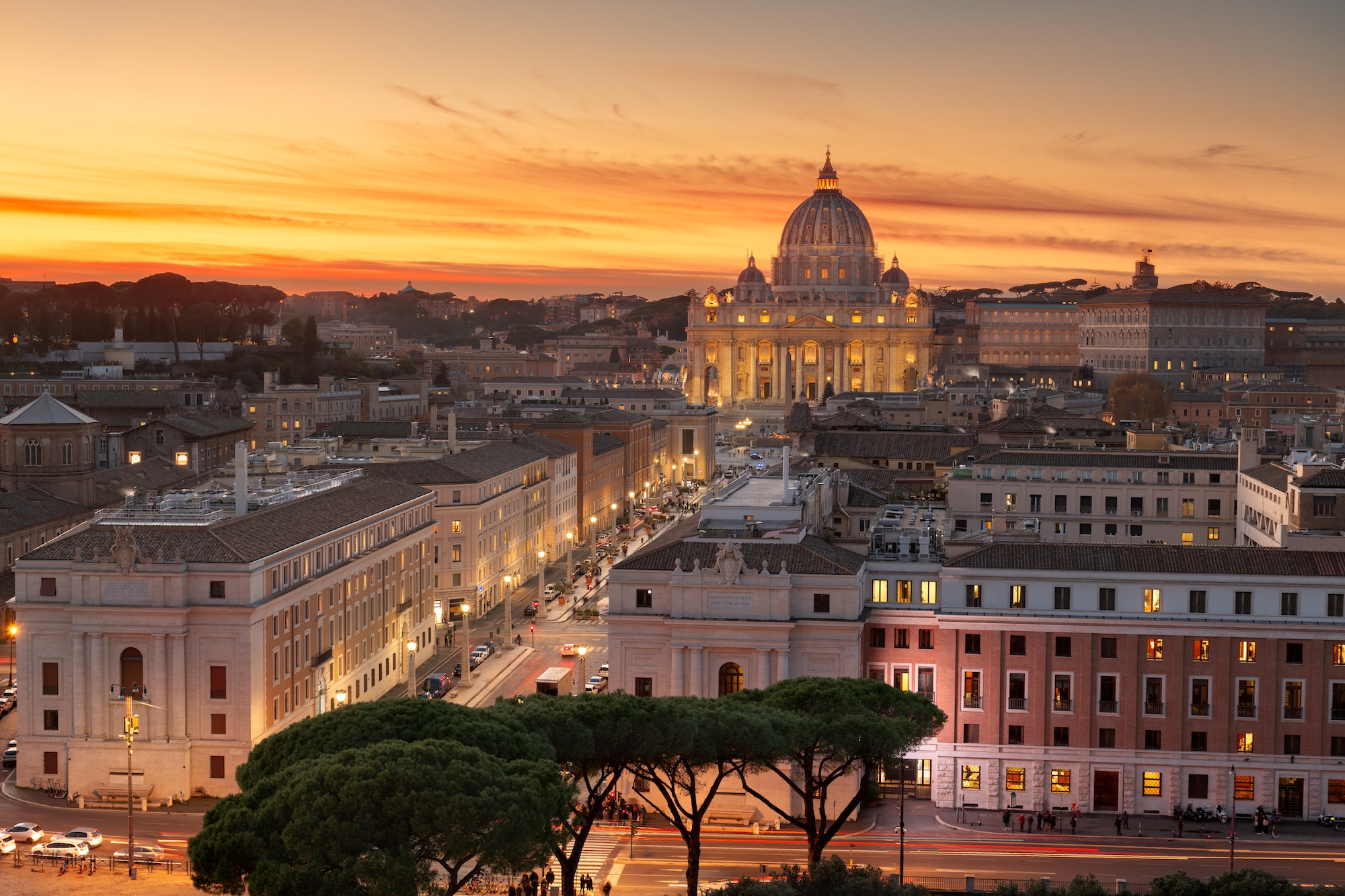
Catholics and Protestants share a belief in Christ but differ in history, doctrine, and practice—differences that began with the Reformation.
The divide started with the Protestant Reformation in the 16th century, sparked by Martin Luther’s 1517 Ninety-Five Theses criticizing Catholic practices like indulgences. Figures like Luther, Calvin, and Zwingli sought reform, rejecting papal authority and certain doctrines, leading to new Christian denominations. Catholics upheld the Church’s tradition and authority, rooted in apostolic succession (CCC 77-79).
Catholics recognize the Pope and Church Tradition alongside Scripture as authoritative, guided by the Magisterium, which ensures a unified interpretation of faith (CCC 85-87). Protestants emphasize “sola scriptura” (Scripture alone) as the sole rule of faith, rejecting Tradition or papal authority as equal to the Bible. This approach is flawed because Scripture itself doesn’t claim to be the only authority—2 Thessalonians 2:15 urges holding to traditions taught orally or by letter. Moreover, without a guiding authority, “sola scriptura” has led to thousands of denominations, with some Protestant denominations endorsing gay marriage and other practices most Christians would oppose.
Catholics use a Bible with 73 books, including the Deuterocanonical books (e.g., Tobit, Maccabees), accepted via Tradition (CCC 120). Protestants use a 66-book Bible, excluding these as “Apocrypha,” based on early Jewish canon decisions. Catholics also see Scripture as interpreted through the Church, while Protestants encourage personal interpretation guided by the Holy Spirit.
Catholics believe salvation comes through faith and works, cooperating with God’s grace via sacraments and a holy life (CCC 1996-2005). Protestants, following “sola fide” (faith alone), hold that faith in Christ’s atonement saves, independent of works, though good deeds flow from faith. This reflects a core Reformation debate over justification.
Catholics recognize seven sacraments (e.g., Baptism, Eucharist, Confession) as channels of grace instituted by Christ (CCC 1113-1130). Most Protestants accept only two—Baptism and the Lord’s Supper—viewing them as symbolic acts, not necessarily conferring grace. Catholics see the Eucharist as Christ’s Real Presence, while many Protestants see it as a memorial (CCC 1374).
Catholics venerate saints and Mary, asking their intercession as part of the “communion of saints,” believing they’re alive in heaven and can pray for us (CCC 956-957). Protestants typically reject this, praying only to God, viewing it as unnecessary or unbiblical since Christ is the sole mediator (1 Timothy 2:5). This stems from differing views on the afterlife and intercessory roles.
Catholic Mass centers on the Eucharist, following a structured liturgy with set prayers and readings (CCC 1345-1355). Protestant services vary widely—some liturgical, others informal—but often prioritize preaching and Scripture over sacramental rites. Catholics see Mass as a sacrifice, re-presenting Christ’s offering, while Protestants focus on worship and teaching without this sacrificial lens.
Catholics have a hierarchical priesthood—priests, bishops, pope—ordained via apostolic succession, with priests celibate and administering sacraments (CCC 1536-1600). Protestants often have pastors or ministers, not always requiring celibacy or a formal succession, emphasizing a “priesthood of all believers” (1 Peter 2:9). This reflects Catholic focus on sacramental authority versus Protestant equality in ministry.
Catholics often live faith through sacramental rhythms—Mass, Confession, feast days—guided by Church teaching, fostering a communal, ritual-rich spirituality (CCC 1124-1129). Protestants may focus on personal Bible study, prayer, and a direct relationship with God, with less emphasis on formal structure, varying by denomination. Catholics might see faith as a journey with the Church, while Protestants often stress individual accountability to Scripture.
The Catechism of the Catholic Church (CCC 77-100, 1113-1374) details Catholic beliefs. Books like Catholicism and Protestantism by Karl Keating is a good resource.
Learn More about the Sacred Heart of Jesus on our Youtube Channel